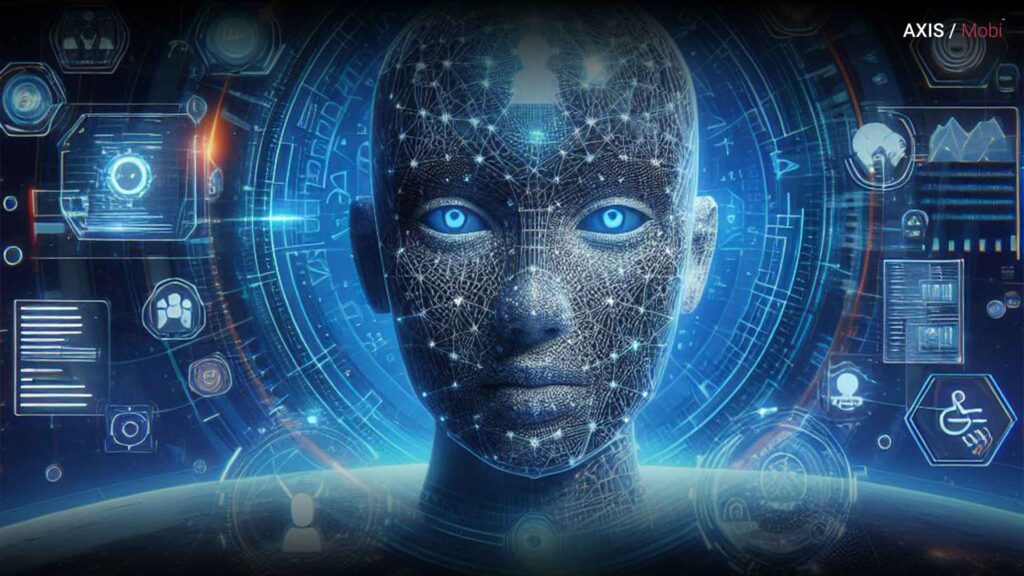Artificial Intelligence (AI) has become an integral part of the marketing industry, revolutionizing how businesses reach and engage with their target audience. According to a recent study by Adobe, 47% of digitally mature organizations are using AI for marketing, which is expected to grow as more companies recognize the value of AI in their marketing strategies.
With AI becoming increasingly prevalent in marketing, marketers must develop the skills to use this technology effectively. Here are five skills that marketers need to master to leverage AI for their marketing efforts.
1. Data Analysis
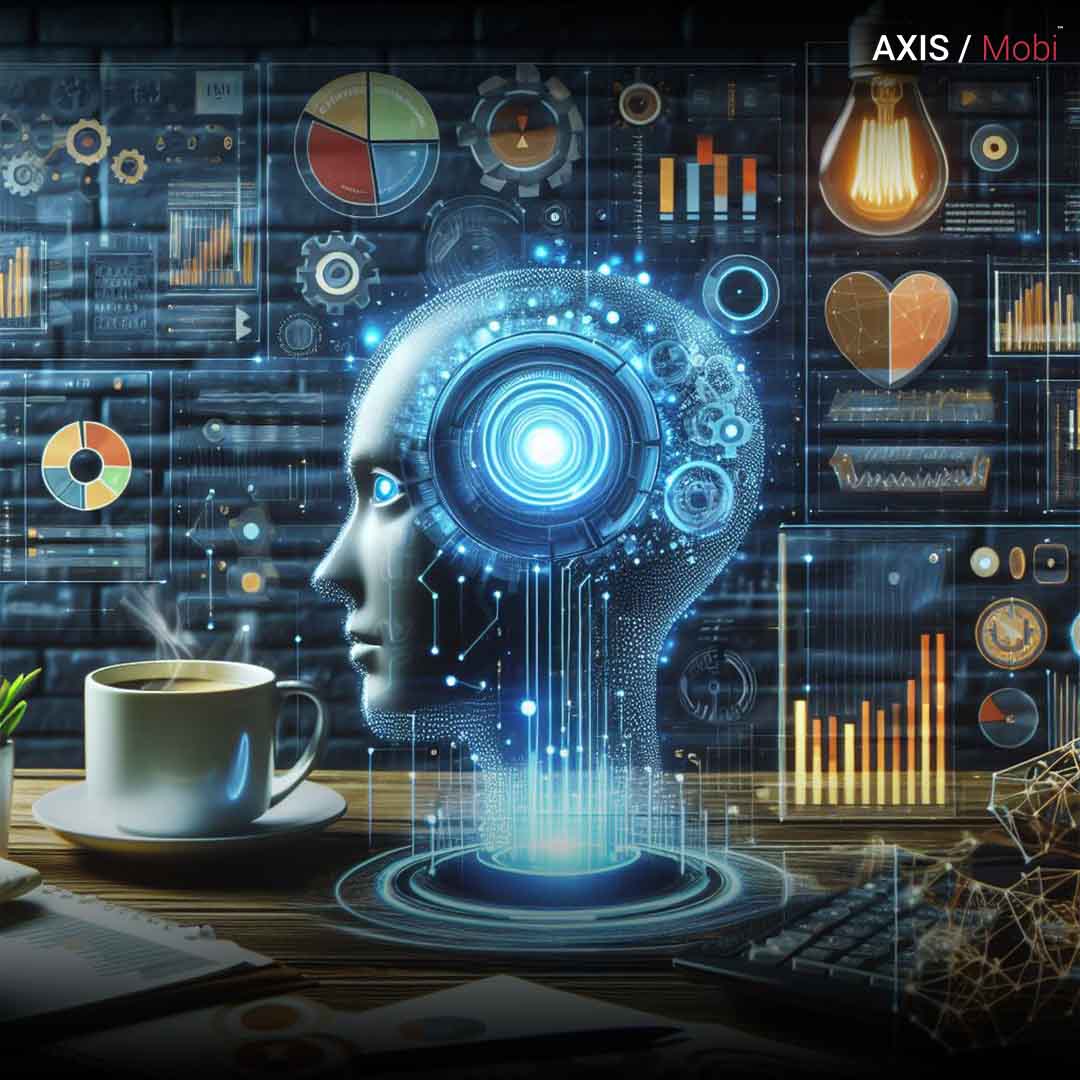
One of the most important skills for marketers using AI is the ability to analyze and interpret data. AI relies on large data sets to make accurate predictions and recommendations, so marketers must be proficient in data analysis to leverage AI in their campaigns effectively. According to a report by McKinsey, companies that use AI for marketing and sales have seen an increase in their sales leads and appointments of more than 50%.
Marketers should be able to identify trends, patterns, and insights from data to make informed decisions about their marketing strategies. This includes understanding how to use AI-powered analytics tools to extract valuable insights from customer data, website traffic, and social media engagement.
2. Creativity
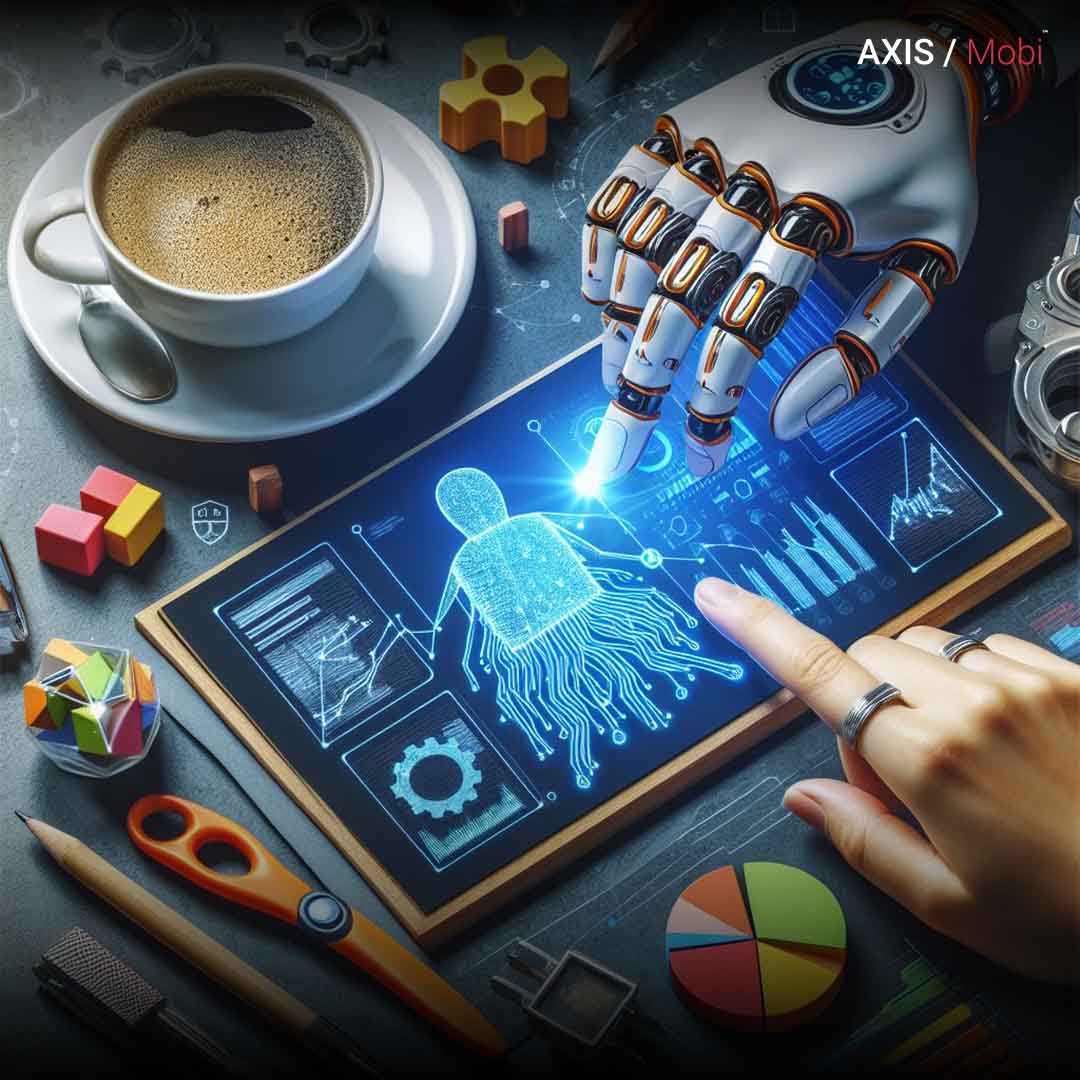
While AI can automate certain aspects of marketing, such as personalization and content optimization, it’s still essential for marketers to bring a creative touch to their campaigns. According to a study by Salesforce, 57% of marketers believe that AI will change how they create content.
Marketers need to be able to think outside the box and come up with innovative ideas that resonate with their target audience. This includes creating compelling and engaging content, developing unique marketing campaigns, and leveraging AI to enhance creativity rather than replace it.
3. Technical Skills
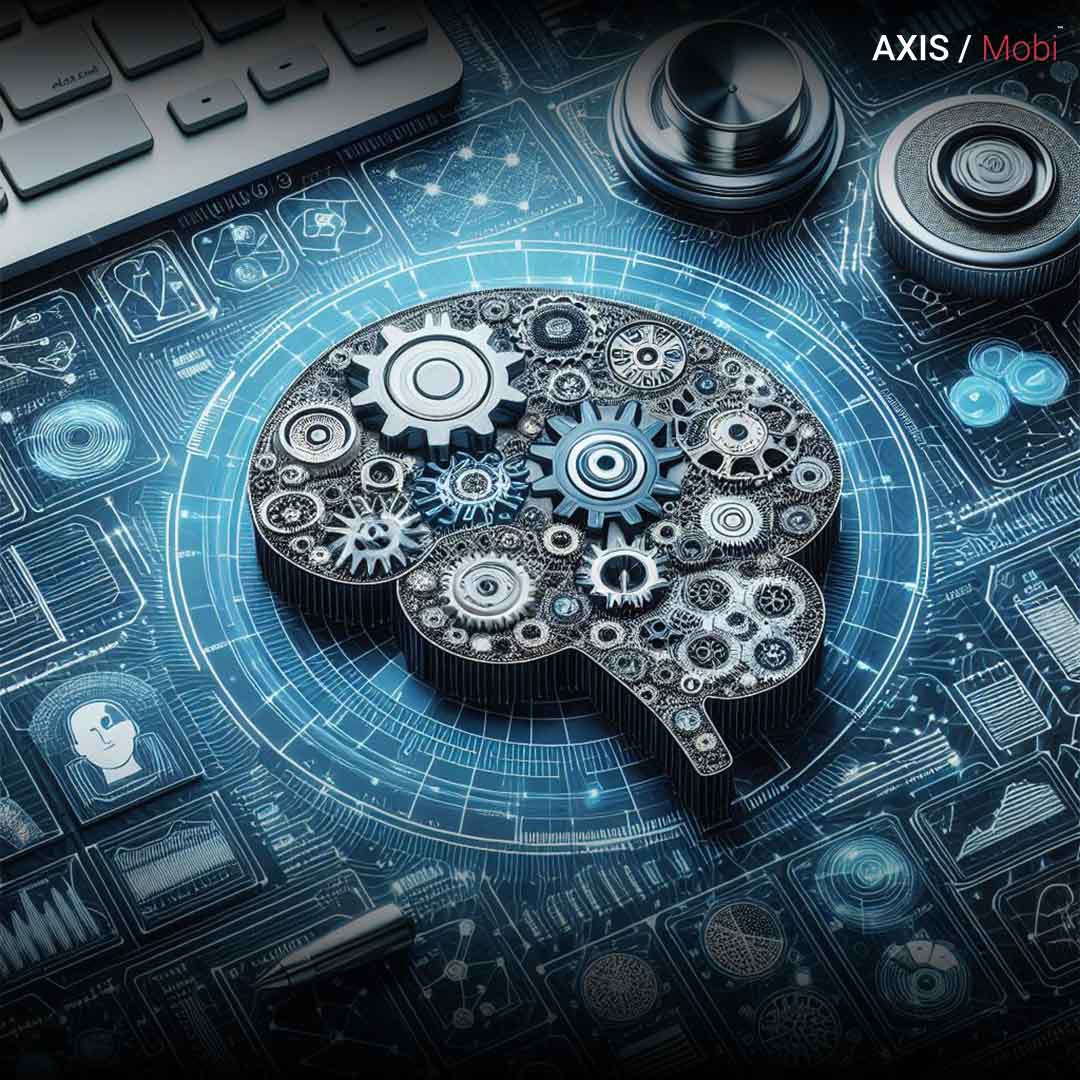
To effectively use AI for marketing, marketers need to understand the technical aspects of AI and machine learning. According to a report by Gartner, 30% of companies will use AI in at least one of their sales processes by 2020.
This includes understanding how AI algorithms work, using AI-powered tools and platforms, and integrating AI into their marketing strategies. Marketers should also be familiar with programming languages like Python and R and AI technologies like natural language processing and image recognition.
4. Adaptability
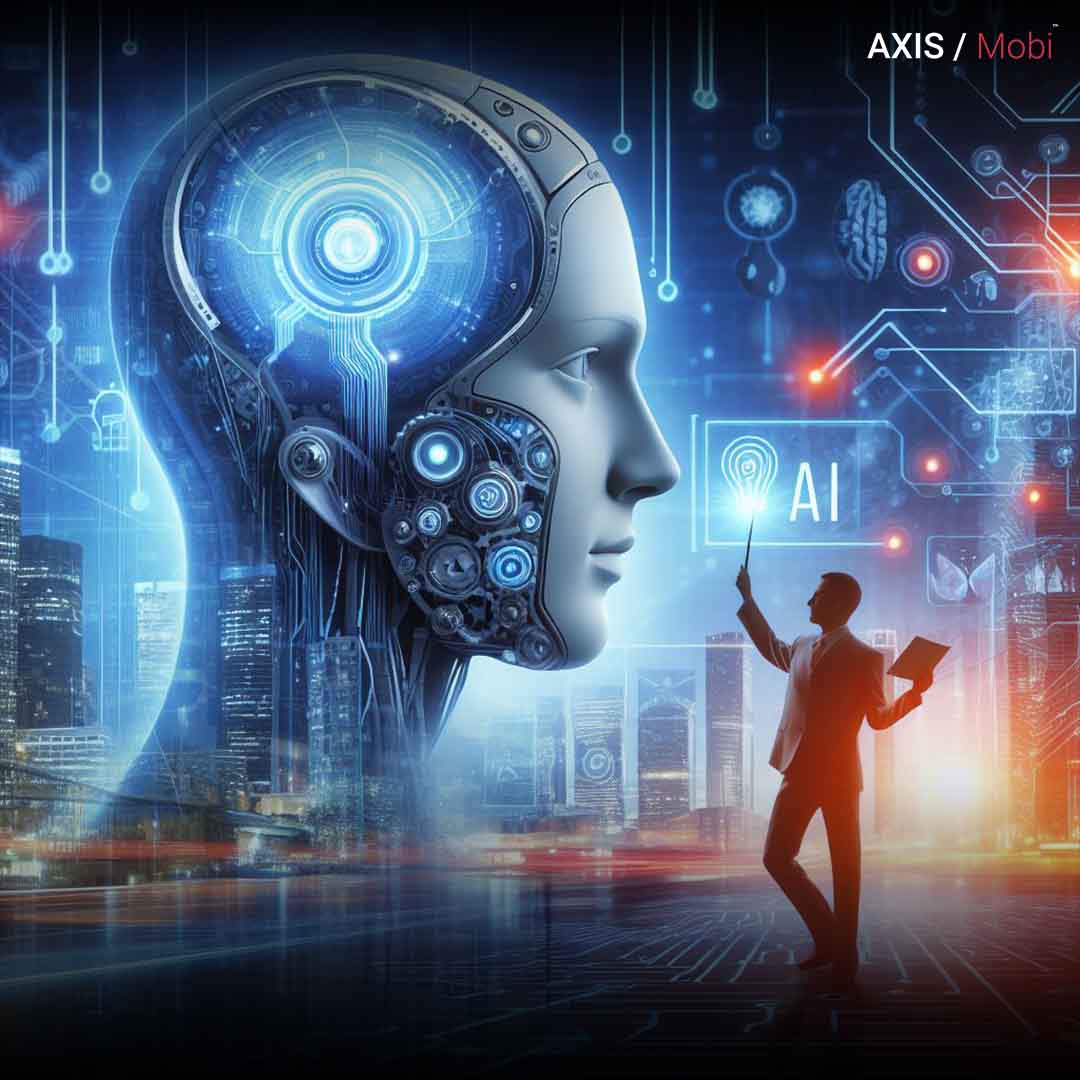
AI is constantly evolving, with new technologies and tools being developed rapidly. Marketers must be adaptable and open to learning new skills to keep up with the latest advancements in AI. According to a report by PwC, 72% of business leaders believe that AI will be a competitive advantage.
This includes staying updated on the latest AI trends, attending workshops and training sessions, and experimenting with new AI-powered marketing tools. Marketers should also be willing to adapt their strategies based on the insights and recommendations provided by AI to stay ahead of the competition.
5. Emotional Intelligence
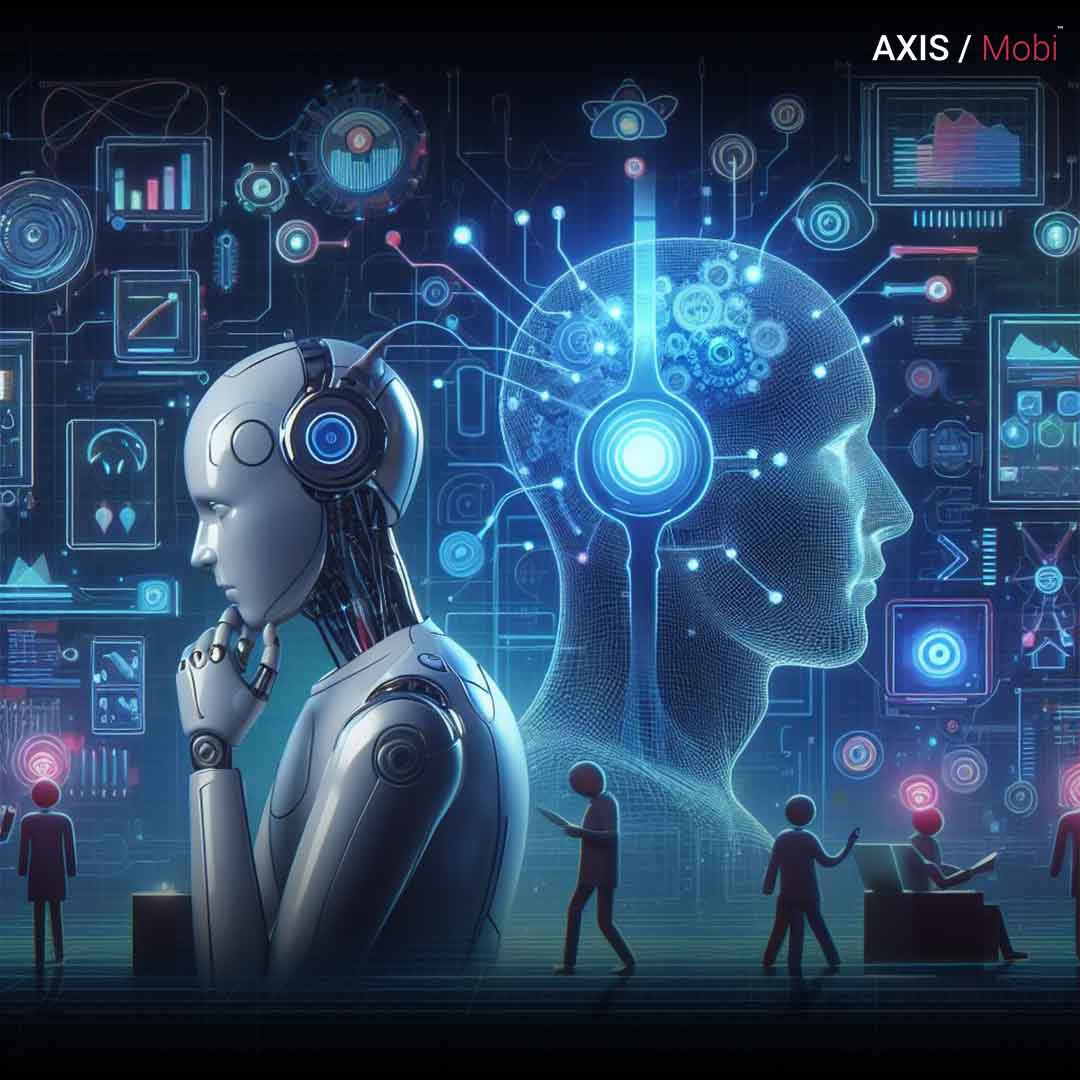
While AI can provide valuable insights and recommendations, marketers need emotional intelligence to understand and connect with their target audience deeply. According to a study by Capgemini, 75% of consumers are more likely to buy from a company that recognizes them by name, recommends products based on past purchases, or knows their purchase history.
Marketers should be able to empathize with their audience, understand their needs and preferences, and create personalized experiences that resonate with their emotions. This includes using AI to gather and analyze customer data to deliver personalized and relevant content, recommendations, and offers.
In conclusion, AI has the potential to revolutionize the marketing industry, but marketers need to develop the skills necessary to use this technology effectively. By mastering data analysis, creativity, technical skills, adaptability, and emotional intelligence, marketers can leverage AI to enhance their marketing strategies and drive better business results. With the right skills and knowledge, marketers can harness the power of AI to create more personalized and engaging experiences for their audience, ultimately leading to increased customer satisfaction and business growth.


